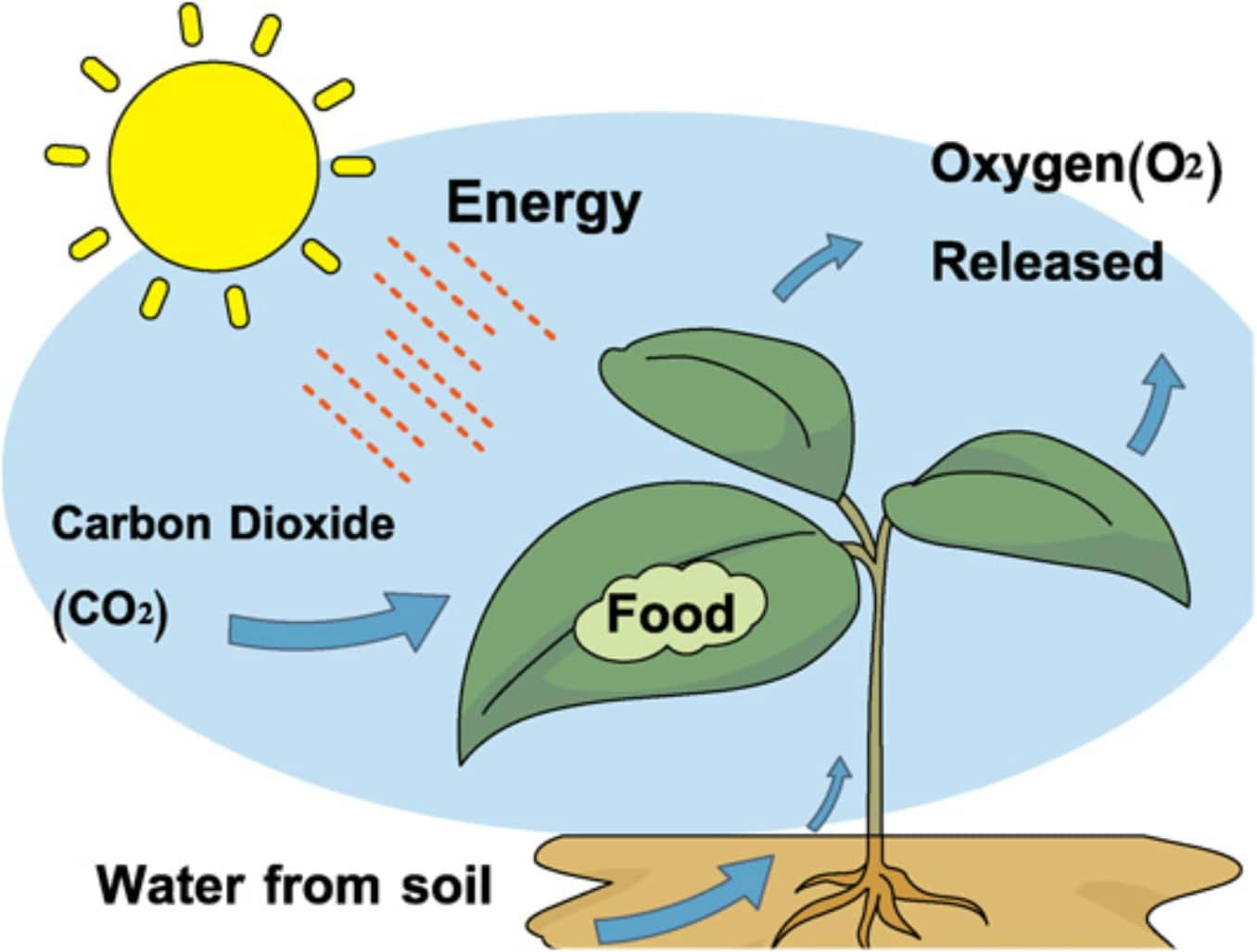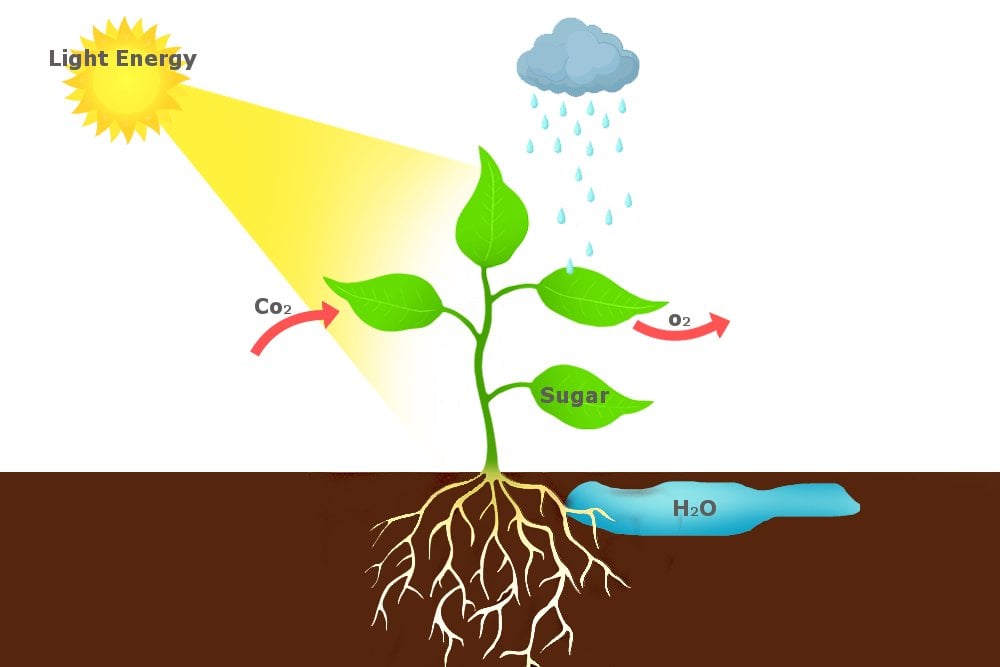Autotroph Drawing, Web for example, if you are drawing a food web of the desert, you might include cacti as a producer.
Autotroph Drawing - The food chain is comprised of producers, primary consumers, secondary consumers and tertiary consumers. It survives by using photosynthesis to convert sunlight to energy. Autotrophs produce complex organic compounds (such as carbohydrates , fats , and proteins ) using carbon from simple substances such as carbon dioxide, [1] generally using energy from light or. Web when we're talking about their role in food chains, we can call autotrophs producers. Web for example, if you are drawing a food web of the desert, you might include cacti as a producer. The word “autotroph” comes from the root words “auto” for “self” and “troph” for “food.” an autotroph is an organism that feeds itself, without the assistance of any other organisms. Plants are the most familiar type of autotroph, but there are many different kinds of autotrophic organisms. There are two basic types of autotrophs: Examples of autotrophs include plants, algae, plankton and bacteria. Web an autotroph is an organism that can convert abiotic sources of energy into energy stored in organic compounds, which can be used by other organisms. It survives by using photosynthesis to convert sunlight to energy. Web autotrophs are organisms that can produce their own food, using materials from inorganic sources. Examples of autotrophs include plants, algae, plankton and bacteria. Web for example, if you are drawing a food web of the desert, you might include cacti as a producer. Web an autotroph is an organism. Web autotrophs use inorganic material to produce food through either a process known as photosynthesis or chemosynthesis. Examples of autotrophs include plants, algae, plankton and bacteria. Web an autotroph is an organism that can convert abiotic sources of energy into energy stored in organic compounds, which can be used by other organisms. Plants are the most familiar type of autotroph,. Web when we're talking about their role in food chains, we can call autotrophs producers. Because autotrophs produce their own food, they are sometimes called producers. Examples of autotrophs include plants, algae, plankton and bacteria. Web autotrophs use inorganic material to produce food through either a process known as photosynthesis or chemosynthesis. There are two basic types of autotrophs: Web when we're talking about their role in food chains, we can call autotrophs producers. Another name for primary producers in ecosystems is autotrophs. Web autotrophs capture carbon dioxide from the air or bicarbonate ions from the water and use them to make organic compounds such as glucose. Because autotrophs produce their own food, they are sometimes called producers. Autotrophs. It survives by using photosynthesis to convert sunlight to energy. Web autotrophs capture carbon dioxide from the air or bicarbonate ions from the water and use them to make organic compounds such as glucose. Web when we're talking about their role in food chains, we can call autotrophs producers. Web an autotroph is an organism that can convert abiotic sources. There are two basic types of autotrophs: Examples of autotrophs include plants, algae, plankton and bacteria. Web autotrophs are organisms that can produce their own food, using materials from inorganic sources. Web for example, if you are drawing a food web of the desert, you might include cacti as a producer. Web an autotroph is an organism that can produce. Another name for primary producers in ecosystems is autotrophs. Web when we're talking about their role in food chains, we can call autotrophs producers. Web autotrophs use inorganic material to produce food through either a process known as photosynthesis or chemosynthesis. Web an autotroph is an organism that can produce its own food using light, water, carbon dioxide, or other. It survives by using photosynthesis to convert sunlight to energy. Autotrophs produce complex organic compounds (such as carbohydrates , fats , and proteins ) using carbon from simple substances such as carbon dioxide, [1] generally using energy from light or. Web an autotroph is an organism that can produce its own food using light, water, carbon dioxide, or other chemicals.. Plants are the most familiar type of autotroph, but there are many different kinds of autotrophic organisms. It survives by using photosynthesis to convert sunlight to energy. Web an autotroph is an organism that can convert abiotic sources of energy into energy stored in organic compounds, which can be used by other organisms. Another name for primary producers in ecosystems. Examples of autotrophs include plants, algae, plankton and bacteria. Web autotrophs are organisms that can produce their own food, using materials from inorganic sources. Web for example, if you are drawing a food web of the desert, you might include cacti as a producer. The word “autotroph” comes from the root words “auto” for “self” and “troph” for “food.” an. Web an autotroph is an organism that can produce its own food using light, water, carbon dioxide, or other chemicals. Web autotrophs use inorganic material to produce food through either a process known as photosynthesis or chemosynthesis. The word “autotroph” comes from the root words “auto” for “self” and “troph” for “food.” an autotroph is an organism that feeds itself, without the assistance of any other organisms. Autotrophs produce complex organic compounds (such as carbohydrates , fats , and proteins ) using carbon from simple substances such as carbon dioxide, [1] generally using energy from light or. Web autotrophs capture carbon dioxide from the air or bicarbonate ions from the water and use them to make organic compounds such as glucose. Plants are the most familiar type of autotroph, but there are many different kinds of autotrophic organisms. There are two basic types of autotrophs: It survives by using photosynthesis to convert sunlight to energy. Another name for primary producers in ecosystems is autotrophs. Web when we're talking about their role in food chains, we can call autotrophs producers. Web autotrophs are organisms that can produce their own food, using materials from inorganic sources. Because autotrophs produce their own food, they are sometimes called producers.
Autotrophs or producers and heterotrophs or consumers as nature energy
Photosynthesis Presentation Biology

Autotrophs Examples
SONU ACADEMY AUTOTROPHIC NUTRITIONTEXT

What is Autotrophic Nutrition? Types and Examples of Autotrophic

Fill in the blanks Questions Class 6 Science Teachoo

Autotroph Definition, Classification, And Examples

Autotroph Definition & Examples Lesson
:max_bytes(150000):strip_icc()/heterotroph-and-autotroph-vector-illustration--labeled-biological-division--1197028175-d0873313a374439691bf1e333af1b588.jpg)
Шта је аутотроф? Дефиниција и примери

Autotrophs Examples
Examples Of Autotrophs Include Plants, Algae, Plankton And Bacteria.
Web For Example, If You Are Drawing A Food Web Of The Desert, You Might Include Cacti As A Producer.
The Food Chain Is Comprised Of Producers, Primary Consumers, Secondary Consumers And Tertiary Consumers.
Web An Autotroph Is An Organism That Can Convert Abiotic Sources Of Energy Into Energy Stored In Organic Compounds, Which Can Be Used By Other Organisms.
Related Post:
.PNG)